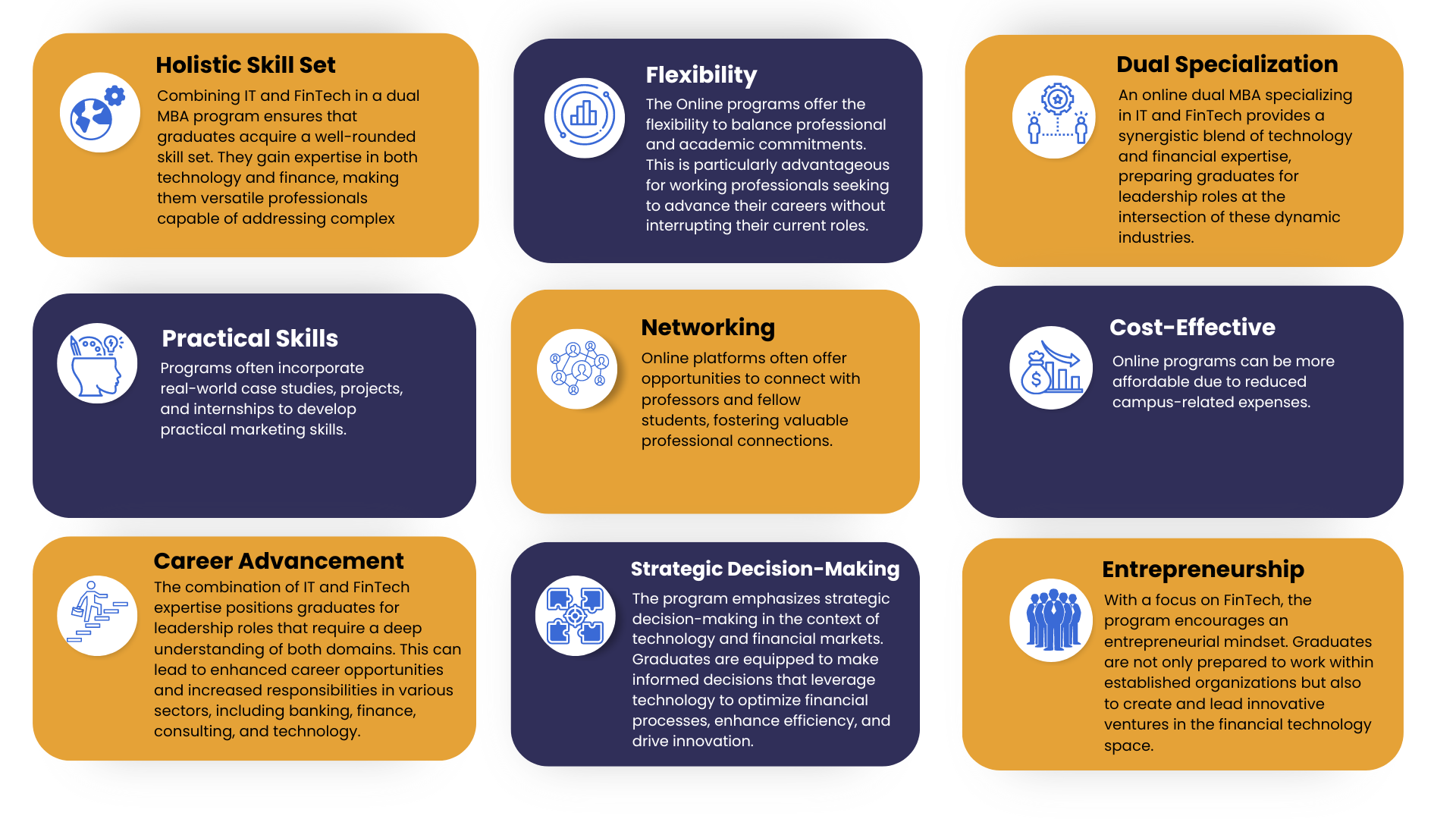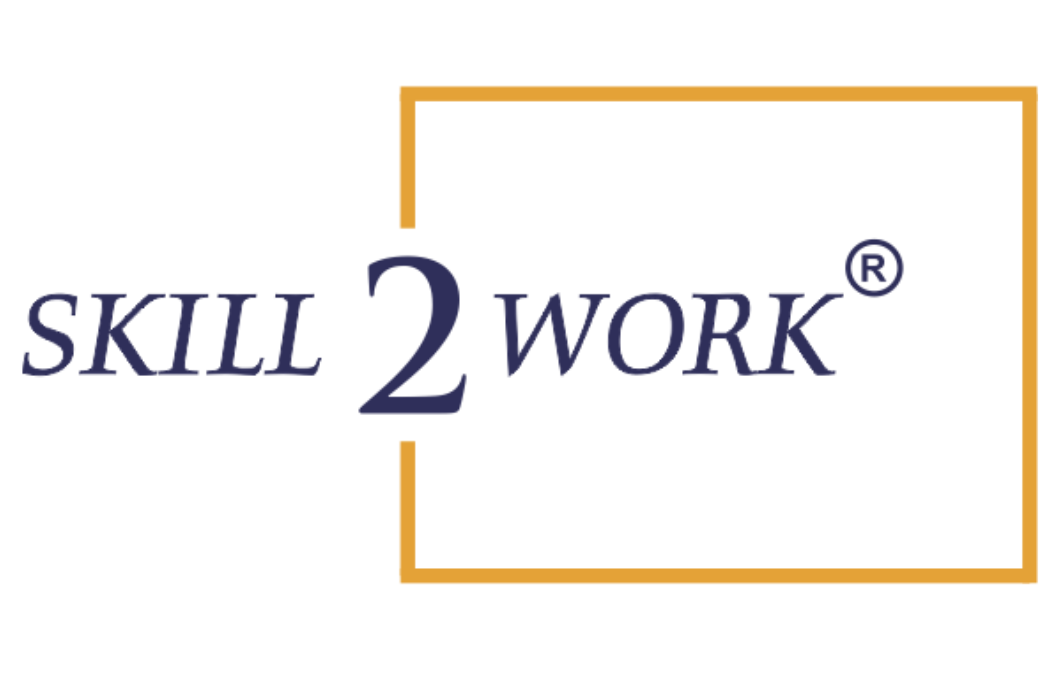
NO. OF UNIVERSITIES
1
ELIGIBILITY
GRADUATE
DURATION
2 - 4 YEARS
ONLINE MBA IN IT & FINTECH
An online dual MBA with a specialization in Information Technology (IT) and Financial Technology (Fintech) is a graduate program that combines business administration with a focus on the strategic integration of IT and Fintech in the business landscape. This dual specialization equips students with a comprehensive skill set, blending managerial and technological expertise to address the evolving challenges in the IT and Fintech sectors.
Individuals from diverse backgrounds can benefit from pursuing an MBA in IT and Fintech, including IT professionals looking to advance their careers, business professionals seeking to understand and leverage technology, and individuals aspiring to enter the Fintech industry. The program is particularly valuable for those aiming for leadership roles that require a deep understanding of the intersection between technology and finance.
BENEFITS OF PURSUING ONLINE DUAL MBA IN IT & FINTECH
Pursuing an online dual MBA in Information Technology (IT) and Financial Technology (FinTech) can offer several benefits:
• Skill Development: This program combines the knowledge of two dynamic fields - IT and FinTech. It helps in developing a diverse skill set that includes technical expertise in information technology, understanding of financial markets, and knowledge of emerging financial technologies.
• Flexibility: Online programs offer flexibility in terms of schedule and location. This allows working professionals to pursue the degree without having to leave their job or relocate.
• Cost-Effective: Online programs are often more cost-effective compared to traditional on-campus programs. This makes it a more accessible option for many students.
• Networking Opportunities: Many online programs provide networking opportunities with fellow students, alumni, and industry professionals through online forums, webinars, and virtual events.
• Career Advancement: With a dual MBA in IT and FinTech, graduates can pursue various career paths in technology firms, financial institutions, consulting firms, and FinTech startups. It opens up opportunities for roles such as IT Manager, FinTech Analyst, Financial Consultant, and more.
• Stay Relevant: Both IT and FinTech are rapidly evolving fields. Pursuing a dual MBA in these areas ensures that you stay updated with the latest trends, technologies, and regulatory changes in the industry.
• Global Perspective: Online programs often have a diverse student body from different parts of the world. This provides a global perspective on IT and FinTech issues and helps in understanding different market dynamics.
• Innovation and Entrepreneurship: The combination of IT and FinTech knowledge can foster innovation and entrepreneurial skills, enabling graduates to develop new solutions or start their own ventures in the FinTech space.
In summary, an online dual MBA in IT and Fintech caters to professionals seeking a holistic understanding of the intersection between technology and finance. The program offers flexible learning, a specialized curriculum, and practical applications, providing graduates with the skills and knowledge needed to thrive in leadership roles at the intersection of IT and Fintech.

ONLINE MBA ELIGIBILITY
Individuals who have successfully completed their undergraduate degree in any field are eligible to apply for an Online MBA program. Admission requirements may vary among universities. Some institutions require aspirants to pass entrance exams, while others offer direct admissions based on their eligibility criteria.
An online MBA has a broad eligibility scope, making it accessible to a diverse range of students. Prospective candidates must hold a bachelor's degree with a minimum aggregate of 45% to 50% from a recognized university.
WHO SHOULD DO AN ONLINE MBA IN IT & FINTECH
An online MBA in IT & FinTech can be a great fit for various individuals, including:
- IT Professionals: Those working in the technology sector who want to deepen their understanding of financial technologies and move into leadership roles in FinTech or IT departments within financial institutions.
- Finance Professionals: Individuals in the finance industry who wish to gain expertise in the latest technological advancements and their applications in finance, such as blockchain, artificial intelligence, and data analytics.
- Entrepreneurs: Entrepreneurs or aspiring entrepreneurs who are interested in starting or growing a FinTech startup and need a solid foundation in both technology and finance.
- Career Changers: Individuals looking to transition into the FinTech sector from other industries and require a comprehensive understanding of both IT and financial concepts.
- Consultants: Consultants who advise clients in the financial services or technology sectors and want to enhance their expertise in the convergence of IT and finance.
- Business Analysts: Analysts who work at the intersection of business and technology and want to specialize in financial technology to advance their careers.
- Product Managers: Product managers in the financial services industry who want to better understand the technological aspects of their products and how to innovate effectively.
- Working Professionals: Those who cannot commit to a full-time, on-campus program due to work commitments but want to advance their education and career prospects.
- Global Professionals: Individuals looking for a global perspective on FinTech and IT, as online programs often attract a diverse international student body.
- Lifelong Learners: Anyone with a keen interest in the rapidly evolving fields of IT and FinTech and a desire to stay ahead in their knowledge and skills.
Overall, an online MBA in IT & FinTech is well-suited for those who seek a flexible and comprehensive program to enhance their expertise and career opportunities at the intersection of technology and finance.
ONLINE MBA DURATION
Online MBA offers a minimum completion time of 2 years and allows a maximum of 4 years for candidates to fulfill all the degree requirements. This extended timeframe provides an additional 2 years for successfully passing all the required exams. The program's curriculum is structured into four semesters of six months each.
NEED ASSISTANCE?
GET IN TOUCH
Enquire Now
Don’t hesitate to contact us for more information
- Your personal Information is secure with us
By clicking, you affirm that you have read the Terms & Conditions and the Privacy Policy and agree to use Skill2Work’s services in accordance with the same.
Most Common Job Opportunities
| IT Project Manager - FinTech: | FinTech Product Manager: | Blockchain Analyst/Consultant: |
|---|---|---|
| Leading and managing IT projects specifically within the FinTech domain, ensuring successful implementation of technology solutions. Firms: FinTech startups, Banks with digital transformation initiatives. | Overseeing the development and enhancement of FinTech products, from conception to market launch. Firms: FinTech companies, financial institutions with digital product offerings. | Analyzing and implementing blockchain technology for financial applications, ensuring security and efficiency. Firms: Blockchain startups, Cryptocurrency exchanges, Banks exploring blockchain solutions. |
| Data Analyst/Scientist - FinTech: | Financial Systems Analyst: | Digital Banking Manager: |
| Analyzing financial data to derive insights and improve decision-making processes within FinTech companies. Firms: Data-driven FinTech startups, Financial analytics firms. | Evaluating and optimizing financial systems and technologies to enhance operational efficiency. Firms: Banks, Financial consulting firms. | Overseeing the digital transformation of banking services, including online banking platforms and mobile apps. Firms: Banks, FinTech companies, Neobanks. |
| Cybersecurity Analyst - FinTech: | Risk Analyst - FinTech: | FinTech Business Development Manager: |
| Ensuring the security of financial systems and customer data within the FinTech sector. Firms: FinTech firms, Cybersecurity consulting companies. | Assessing and managing risks associated with financial technology innovations and transactions. Firms: FinTech startups, Financial institutions. | Identifying and pursuing business opportunities for FinTech products and services. Firms: FinTech startups, Financial institutions with a focus on innovation. |
ONLINE MBA SPECIALIZATIONS
Online MBA > Specializations


































ONLINE DUAL MBA
Online Dual MBA > Specializations






















How Skill2Work
Assist You?
-
 Admission Support services
Admission Support services -
 Timely Update & Notifications
Timely Update & Notifications -
 Student Support
Student Support -
 One - on - One Counselling
One - on - One Counselling -
 Career Assistance
Career Assistance

Still Confused?
Get Our Expert Guidance Now!
Let's Clear Up Some Doubts
MBA in IT & Fintech
Yes, Degrees obtained through Online or Distance mode are valid provided approval is given by the UGC-DEB to the University/Deemed to be University to offer the said programme. Details of the Universities/ Deemed to be Universities empowered to offer courses under Online/distance mode are available at UGC website https://deb.ugc.ac.in/.
For more information call us!
Yes, UGC via its notification dated 02-09-2022 has clearly mentioned that any degree received via Online or Distance mode is equivalent to the degrees offered through regular mode. The link for the same is
. Accordingly, we can be sure that a MBA done via Online or Distance mode is as good as a regular MBA
The Accreditations or Approvals required by Indian Universities to start Online and distance learning programmes are: -
• University Grants Commission (UGC) Approval: Indian universities, whether traditional or open, need to obtain approval from the UGC to offer online courses. The UGC had issued specific regulations for open and distance learning, which also apply to online education. These regulations specified the norms and standards that institutions had to adhere to while offering online programs.
• Compliance with Distance Education Regulations: In addition to UGC regulations, universities offering online programs also had to comply with the Distance Education Bureau (DEB) regulations, which governed open and distance learning programs.
• Approval from AICTE: The AICTE primarily focuses on technical education, including engineering, management, pharmacy or applied sciences and Indian Universities specifically do not require AICTE approval to start online courses. Its role is to regulate and promote technical education in India. These regulations are mainly applied to traditional universities and institutions that offer online or distance education programs.
• Quality Assurance: Indian universities are required to maintain the quality and standards of education in online programs. This often involves regular assessment and accreditation by bodies like the National Board of Accreditation (NBA) or the National Assessment and Accreditation Council (NAAC).
• Rankings: The National Institutional Ranking Framework (NIRF) is a ranking system for higher education institutions in India. It was launched by the Ministry of Education in 2015 to assess and rank Indian universities and colleges based on various parameters. NIRF rankings aim to provide prospective students and other stakeholders with valuable information about the quality and performance of educational institutions
Individuals who should consider pursuing an MBA in IT & Fintech are those with a passion for technology and a keen interest in the intersection of information technology and finance. This program is ideal for professionals seeking to advance their careers in roles that require a deep understanding of both IT systems and financial technology innovations. It is well-suited for those working in financial services, banking, or technology industries who aim to lead in the rapidly evolving field of fintech. The MBA in IT & Fintech is also suitable for entrepreneurs aspiring to launch tech-driven financial ventures and for individuals looking to bridge the gap between technology and finance in managerial or strategic roles. This program equips graduates with the skills to navigate the dynamic landscape of fintech, making it an excellent choice for those seeking a career at the intersection of finance and cutting-edge technology.
Online education can include live lectures through video conferencing or webinars, but it depends on the specific course or program. Some online courses offer live, interactive sessions with instructors, while others are entirely self-paced with pre-recorded content. The format can vary, so it's important to check the course details to determine whether live lectures are part of the online education experience.
The salary package for MBA graduates specializing in IT & Fintech varies based on factors such as experience, the reputation of the business school, and the specific role and industry. On average, entry-level positions may offer salaries ranging from INR 8 to 15 lakhs per annum in India, with potential for higher compensation based on the candidate's skills and the demand for expertise in fintech and IT solutions. Mid-level professionals with several years of experience can command salaries between INR 15 to 25 lakhs, while those in senior management roles, such as IT Directors or Chief Information Officers (CIOs) in fintech companies or financial institutions, may earn salaries exceeding INR 25 lakhs or more annually. Salaries can significantly vary based on the organization's size, location, and the candidate's ability to navigate the rapidly evolving landscape of IT and fintech.
Upon completing an MBA in IT & Fintech, you will be well-equipped for a range of roles at the intersection of technology and finance. You could pursue positions such as IT Consultant for financial institutions, Fintech Product Manager, Blockchain Specialist, IT Project Manager in financial services, Data Analyst or Scientist for financial data, or roles in cybersecurity within the financial sector. Additionally, opportunities exist in traditional financial institutions, technology firms, fintech startups, and consulting companies. Your skill set would be highly relevant for managing digital transformations, implementing innovative financial technologies, and ensuring the security and efficiency of IT systems in financial settings. Consider certifications in areas like blockchain, cybersecurity, or data analytics to further enhance your expertise and marketability in this dynamic field.
Yes, pursuing an MBA in IT & Fintech can be a strategically sound decision. This specialized program combines business management skills with expertise in information technology and financial technology, aligning with the growing demand for professionals who understand the intersection of technology and finance. The integration of these disciplines equips graduates to navigate the evolving landscape of digital finance, blockchain, cybersecurity, and data analytics. Given the increasing importance of technology in the financial sector, an MBA in IT & Fintech can open doors to diverse career opportunities in areas such as digital banking, financial consulting, IT management, and leadership roles in fintech startups. It provides a valuable skill set for individuals seeking to thrive in the dynamic and innovative field of financial technology.
Online & Distance PG Courses
Diploma
Online & Distance UG Courses
Certificate
About Us
Skill2Work is India’s best education provider with an aim to bring transparency in the field of distance and online education in India.
Copyright © 2026 Skill2Work All Rights Reserved | Proudly Powered by ShubhiTech®














